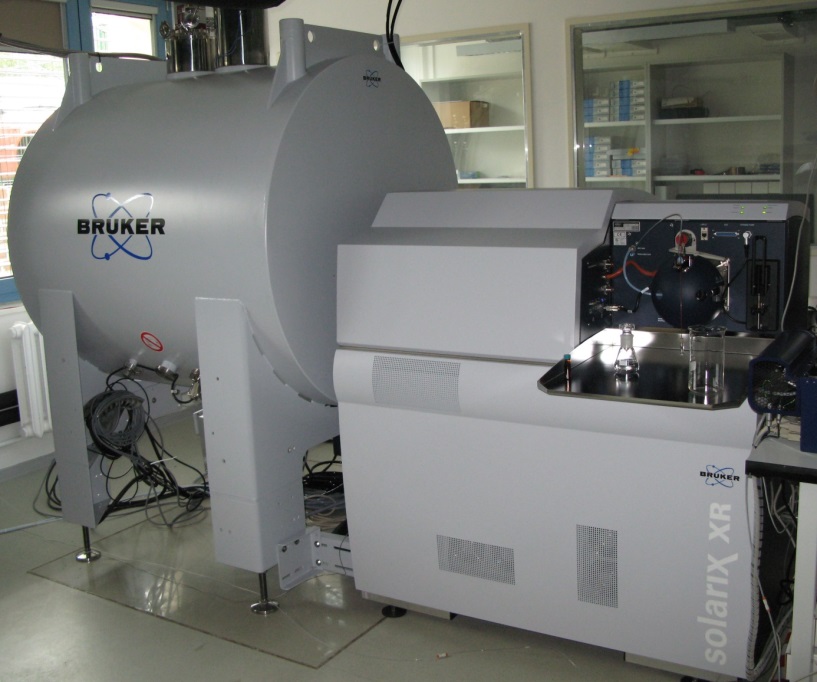TALKO
Load of drinking water reservoirs by dissolved organic carbon - Prediction, precaution, management options
During the last two decades, the concentration of dissolved organic matter (DOM) increased in rivers and lakes worldwide with negative consequences for drinking water treatment. The goal of the TALKO project is the lowering of the costs caused by DOM for the supply of drinking water from reservoirs. For this purpose we need an advanced understanding of the processes to develop improved prediction devices and management strategies for catchments and reservoirs, as well as optimized treatment in waterworks.
http://www.ufz.de/index.php?en=31334
Our aim is to characterize DOM with ultrahigh resolution mass spectrometry and to investigate transformation and decay processes of DOM in the catchment areas of different drinking water reservoirs and the effectivity of different water treatment processes for its removal.
DOM is a very complex heterogeneous mixture that consists of several thousand molecular species. Therefore we use a Fourier transform ion cyclotron resonance mass spectrometer (FTICR-MS) with a mass resolution up to 2000000 and a high mass accuracy to deduce the molecular formulae from the exact masses of these molecules. We want to find differences in the molecular patterns of the samples, e.g. a higher oxygen content or a lower degree of aromaticity. Furthermore we are looking for molecular markers, typical for different sources. In order to gain structural information we use fragmentation processes like collision-induced fragmentation (CID).

